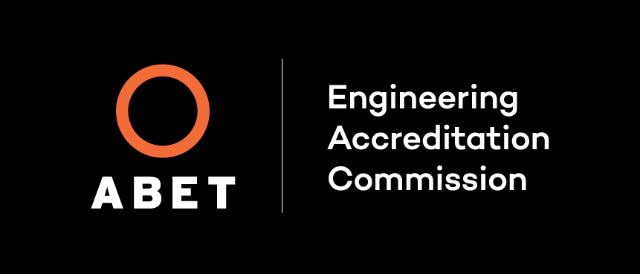News
Three Bachelor of Science (S.B.) degree programs—in Engineering Sciences, Electrical Engineering, and Mechanical Engineering—at SEAS have been accredited by the Engineering Accreditation Commission of ABET, the global accreditor of engineering programs.
Cambridge, Mass. – August 17, 2016 – Three Bachelor of Science (S.B.) degree programs—in Engineering Sciences, Electrical Engineering, and Mechanical Engineering—at the Harvard John A. Paulson School of Engineering and Applied Sciences (SEAS) have been accredited by the Engineering Accreditation Commission of ABET, the global accreditor of engineering programs.
ABET accreditation provides international recognition of the quality of these programs.
“Accreditation by ABET provides strong external validation that our programs meet the standards of the best engineering programs,” said SEAS Dean Frank Doyle. “This is further evidence that our students graduate with both the broad knowledge uniquely available from a curriculum embedded in the liberal arts and the technical skills necessary to become well-prepared engineers ready to be leaders in the field.”
The ABET committee of external experts met with faculty, administrators, students, and alumni and inspected SEAS classroom and laboratory facilities during a site visit in October 2015. Reviewers examined each program’s processes for continuous improvement of the curriculum based on assessment of student learning outcomes.
This marks the initial ABET accreditation for the Electrical Engineering and Mechanical Engineering S.B. programs. The programs, formerly tracks within Engineering Sciences, were launched as new degree programs in 2012 in response to strong student interest. They have grown significantly since inception; Mechanical Engineering enrolled 53 concentrators last academic year and Electrical Engineering had 43 concentrators.
The accreditation of the two newer programs is retroactive to October 2013. As a result, S.B. degrees in Electrical Engineering and Mechanical Engineering earned by graduates from 2014 forward are now considered to be ABET-accredited. The Engineering Sciences S.B. program, which has been continuously accredited since 1962, was also reviewed and its accreditation was renewed.
ABET is a nonprofit, non-governmental organization recognized by the Council for Higher Education Accreditation. Its highly respected peer-review process emphasizes quality, precision, and safety of academic programs in the technical disciplines. Developed by professionals from the organization’s member societies, ABET criteria focus on what students experience and learn. Reviews look at program curricula, faculty, facilities, and institutional support and are conducted by teams of experienced professionals from industry, academia, and government.
In addition to the S.B. programs in Engineering Sciences, Mechanical, and Electrical Engineering, the almost 900 undergraduates at SEAS are enrolled in bachelor of arts (A.B.) degree programs in Computer Science, Biomedical Engineering, Applied Mathematics, and Engineering Sciences (with tracks in biomedical sciences and engineering, electrical and computer engineering, environmental science and engineering, and mechanical and materials science and engineering). SEAS is also the academic home of nearly 500 masters and doctoral students, and 500 postdoctoral appointed researchers.
SEAS serves as the connector and integrator of Harvard’s teaching and research efforts in engineering, applied sciences, and technology. Through collaboration with researchers from all parts of Harvard, other universities, and corporate and foundational partners, faculty and students bring discovery and innovation directly to bear on improving human life and society.

Cutting-edge science delivered direct to your inbox.
Join the Harvard SEAS mailing list.
Press Contact
Paul Karoff
